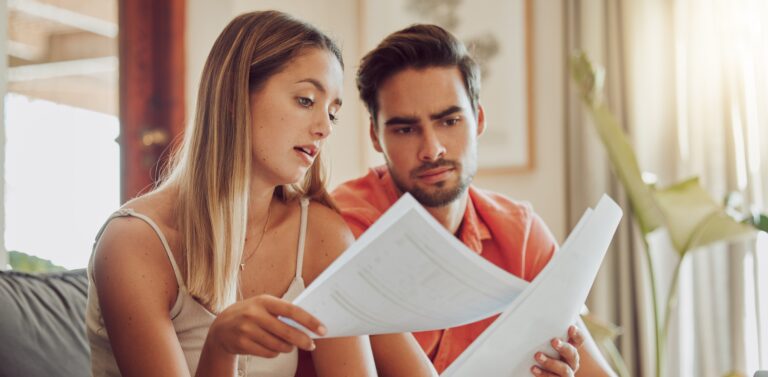The RBA left the official cash rate on hold at 0.1% today, as rolling lockdowns keep Australia in a state of economic uncertainty.
RBA governor Philip Lowe had already reaffirmed his intention not to raise rates until at least 2024, but some analysts thought the move might come earlier. However, the Delta variant of Covid and the constant lockdowns called around major capitals has that speculation on ice for now.
At its monthly board meeting, the RBA also decided to maintain the target of 10 basis points for the April 2024 Australian Government Bond and continue its stimulus measures of purchasing government securities at a rate of $5 billion a week until September and then $4 billion a week until November and potentially beyond.
In its media statement the RBA noted that while the economic recovery in Australia has been stronger than was expected, recession was on the cards, saying “the recent outbreaks of the virus are interrupting the recovery and GDP is expected to decline in the September quarter”.
However, the central bank expects a fast recovery next year. “The economy is benefiting from significant additional policy support and the vaccination program will also assist with the recovery,” it said.
The RBA says it will continue to monitor and review its approach to the rate of bond purchases, according to economic condition and the nation’s health situation. The board still believes conditions will not warrant a rate increase until 2024.
Sentiment suffers
Meanwhile, a recent survey of 40 experts and economists by Finder revealed that two in five believed another two months of lockdown could cause another recession.
The positivity around Australia’s quicker than expected recovery from last year’s lockdowns has disappeared in a flash, with confidence in key indicators such as housing affordability, employment, wage growth, cost of living and household debt all plummeting. Confidence in employment had the sharpest fall, going from 71% in July to 29% in August.
Other key takeaways from the survey of experts included 52% believing household debts would increase due to lockdowns; while 43% believe Australia’s response to the pandemic has seen our international reputation take a hit.
“Economists fear that a prolonged lockdown could push us into recession, and the extension of the measures in Sydney will get us a third of the way there,” said Graham Cooke, Finder head of consumer research.
Give yourself a rate cut
There may be a pause on talk of official cash rate rises, but there have been a number of interest rate movements from lenders in recent times. While fixed rate products have been subject to interest rate hikes, the opposite is happening in variable rate markets according to further research.
A RateCity study shows 49 lenders have cut at least one variable rate in the past two months. Sounds good, but your bank is unlikely to come to you with a better deal, according to RateCity research director Sally Tindall.
“Variable rates are at record lows, however, most of these deals are reserved for new customers, not existing ones, unless you specifically ask,” she said, adding that the best way to get a better deal was to pick up the phone and ask.
“Before you call, check what rate your bank is giving new customers for the same home loan, but also find out what other lenders have on offer,” she suggested.
“If you are paying significantly more than a new customer, pick up the phone and ask your bank ‘why?’.”
The RateCity study found that more than 73% of bank customers they had surveyed were successful when they asked their bank for a personal rate cut.
“If you have a good track record of paying down your debt, and the bank thinks you might switch to a more competitive lender, they’re likely to play ball,” Tindall said, noting that a reduction of just 0.25% could save you more than $1000 a year on loan repayments.
“A lot of people think a handful of basis points won’t make much of a difference, but if the discount is permanent, then the savings can potentially run into the thousands in just a few years.”




